‘Fake’ fossil is actually 189 million-year-old remains of undiscovered species
For 30 years, an overlooked dinosaur fossil at the Doncaster Museum and Art Gallery in Doncaster, U.K. was believed to be a plastic replica of an ichthyosaur, a prehistoric aquatic reptile. Thanks to the work of one young paleontologist, not only was the fossil found to be real, but it is the 189 million-year-old remains of a previously unknown species of the ancient reptile.
Dean Lomax, 25, came across the fossil in 2008, coming to the conclusion that it was not a synthetic replica, but the real deal. Lomax recently published his findings in the Journal of Vertebrate Paleontology.
“We could see tiny hook-shaped features that were actually the hooks from the tentacles of squid,” Lomax told the BBC. “So we know what its last meal was.”
Lomax conducted his research alongside Judy Massare, a professor at the State University of New York, comparing the fossil to those of about 1,000 other ichthyosaur remains. Lomax said that there were small anatomical differences between the Doncaster specimen’s fin bones and those of the other fossils he and Massare examined.
What puzzled Lomax the most was how the fossil, which was discovered just off Dorset’s Jurassic Coast in the 1980s, was ever labeled a replica in the first place, reports the New York Daily News.
Lomax’s find has been called Ichthyosaurus Anningae – named in honor of Mary Anning, the first person to discover ichthyosaur remains around 1811.
“It is an honor to name a new species, but to name it after somebody with such an important role in helping sculpt the science of paleontology is something I’m very proud of,” Lomax told the BBC.
For some paleontologists in the field, Lomax’s discovery is just an example of just how many undiscovered ancient species still remain to be found.
“ Paleontology is a unique science because you don’t need an advanced degree or specialized training to find a fossil, just patience and a keen set of eyes,” University of Edinburgh paleontologist Stephen Brusatte told the BBC.

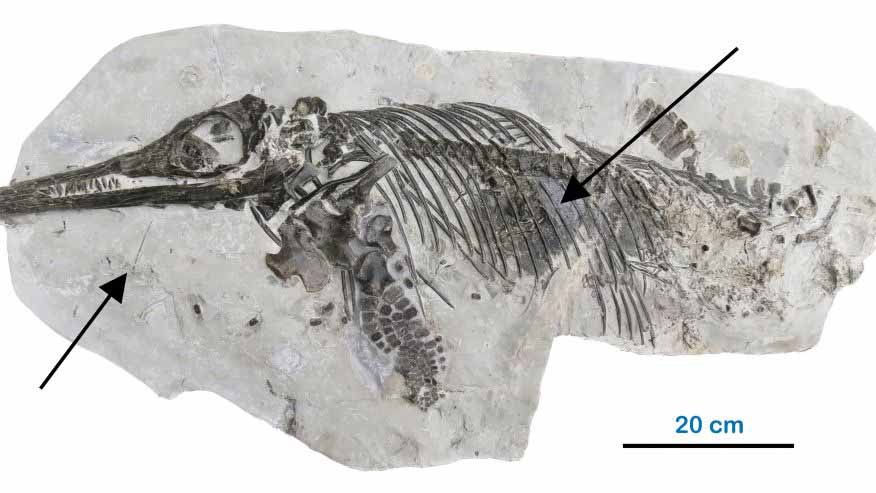
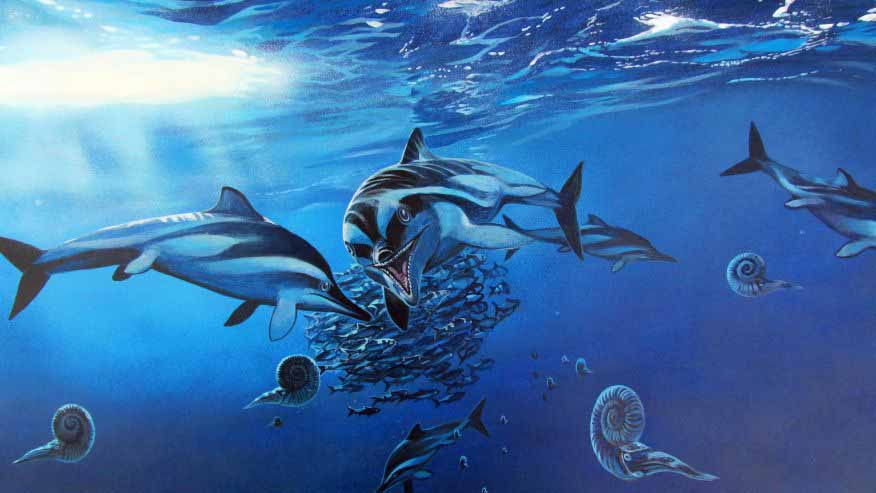
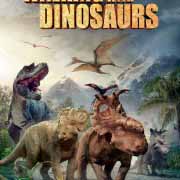
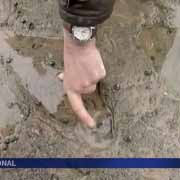
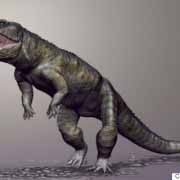
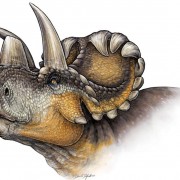
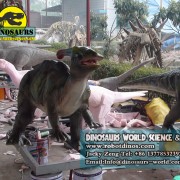
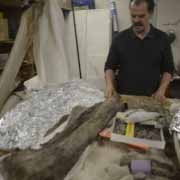
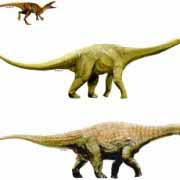
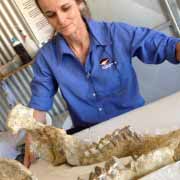


Leave a Reply
Want to join the discussion?Feel free to contribute!